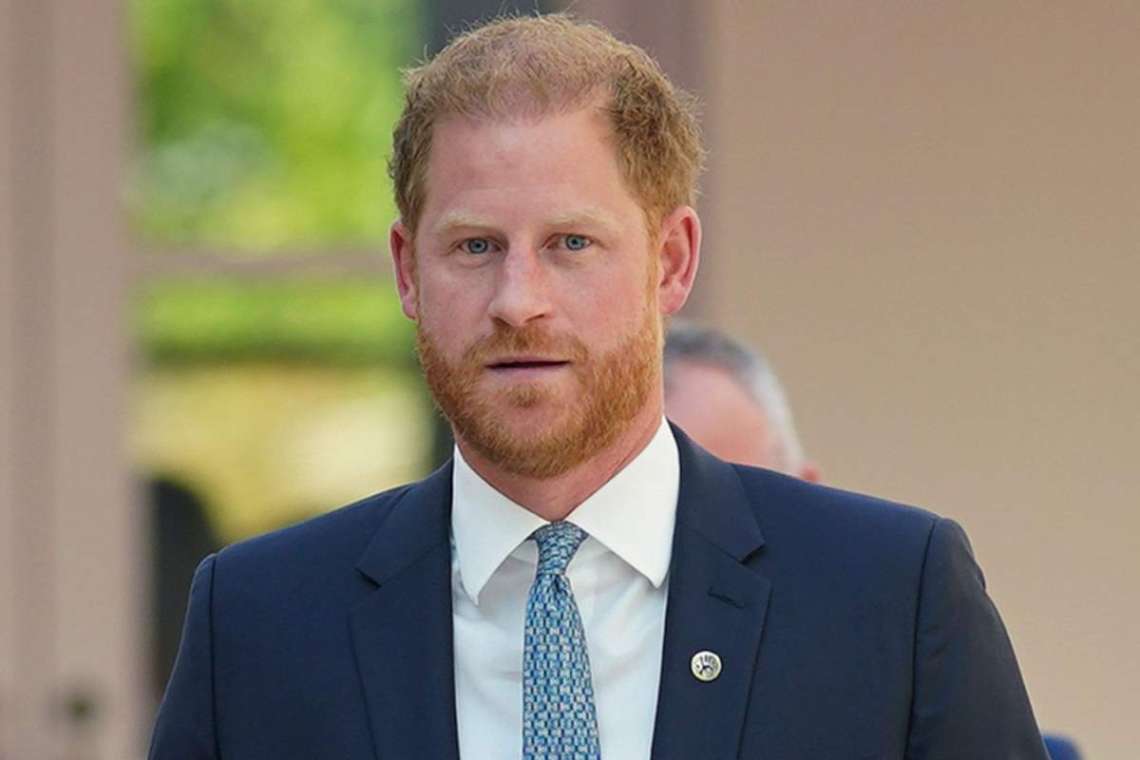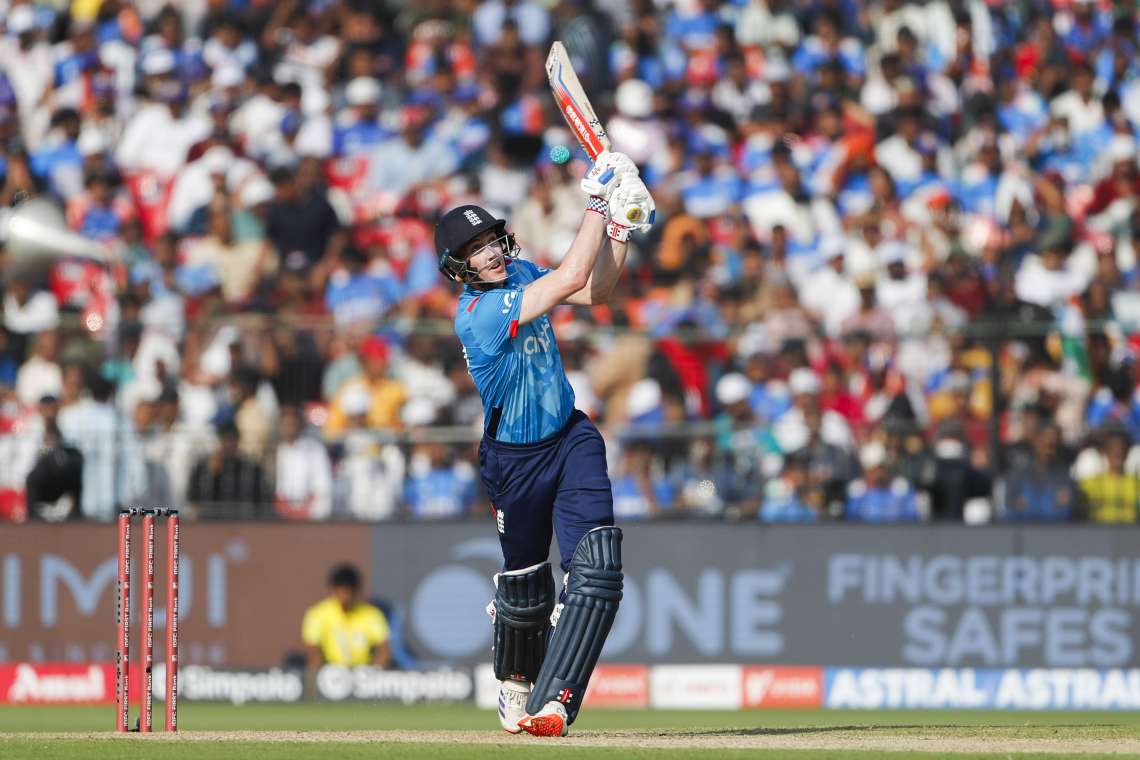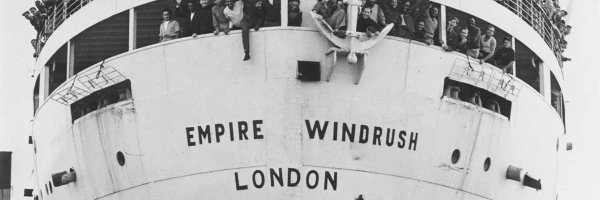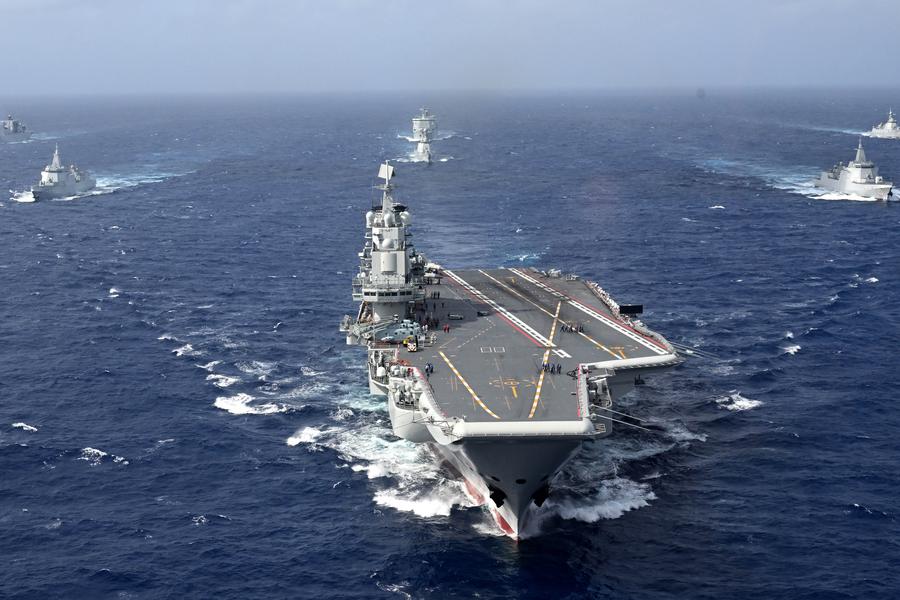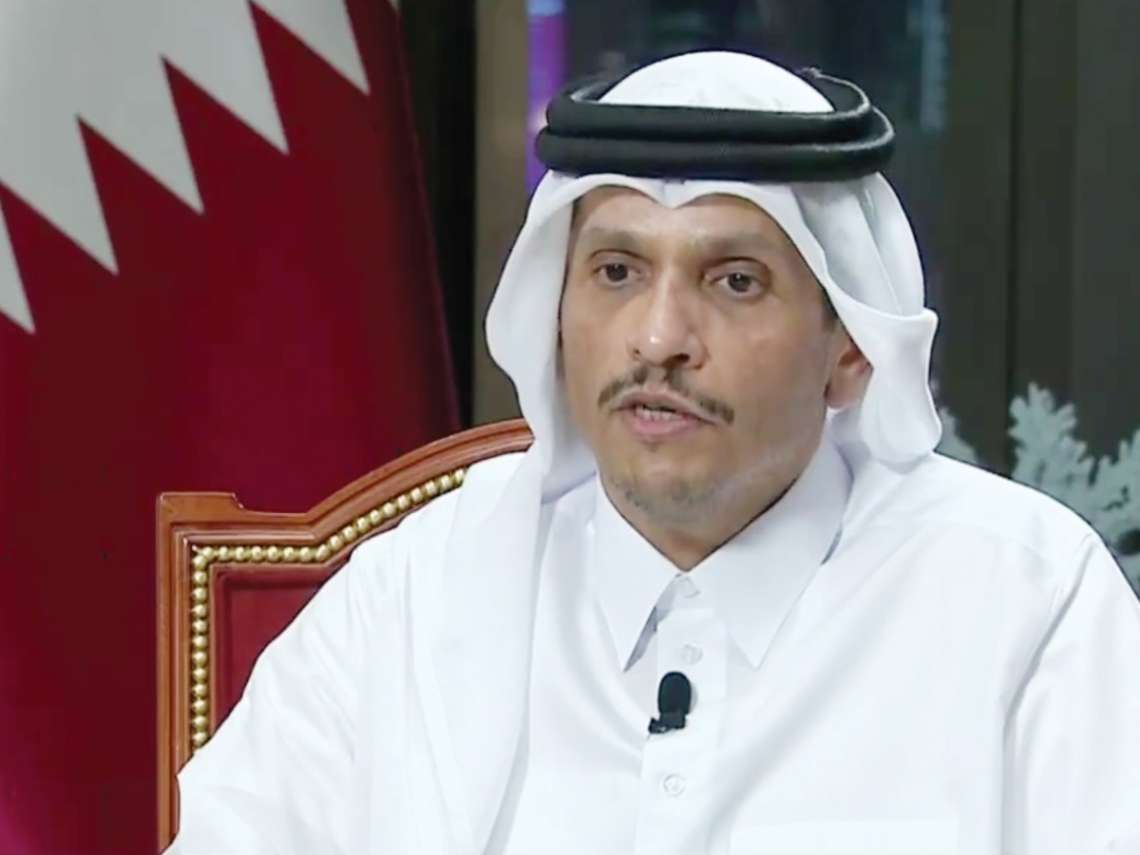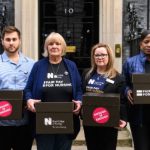Travelling overnight to the Ukrainian capital, the Duke of Sussex said his visit aimed to draw global attention to the human cost of the conflict and to help advance rehabilitation efforts for wounded veterans..reports Asian Lite News
Prince Harry has made a surprise visit to Kyiv after receiving an official invitation from the Ukrainian government, declaring his intent to do “everything possible” to support the recovery of thousands of military personnel seriously injured during the ongoing three-year war with Russia.
Travelling overnight to the Ukrainian capital, the Duke of Sussex said his visit aimed to draw global attention to the human cost of the conflict and to help advance rehabilitation efforts for wounded veterans. He is accompanied by a team from the Invictus Games Foundation, which he founded in 2014 to support injured servicemen and women through sport.
Speaking to The Guardian aboard the train, Harry said: “We cannot stop the war, but what we can do is everything we can to help the recovery process. We can continue to humanise the people involved in this war and what they are going through. We have to keep it in the forefront of people’s minds. I hope this trip will help to bring it home to people because it’s easy to become desensitised to what has been going on.”
The prince revealed he had been invited to Kyiv by Olga Rudnieva, founder and CEO of the Superhumans Trauma Centre in Lviv, which specialises in treating amputees wounded in the conflict. He had previously visited the centre in April but reconnected with Rudnieva by chance in New York a few months ago.
“I bumped into Olga in New York. It was a chance meeting and I asked her what I could do to help. She said, ‘The biggest impact you have is coming to Kyiv.’ I had to check with my wife and the British government to make sure it was OK. Then the official invitation came,” he explained. “In Lviv, you don’t see much of the war. It is so far west. This is the first time we will see the real destruction of the war.”
According to estimates earlier this year, the war has already left more than 130,000 Ukrainians with permanent disabilities. The government has now placed rehabilitation through sport at the centre of its veteran care policy, viewing it as essential to both physical and psychological recovery.
Ukraine first took part in the Invictus Games in 2017, and enthusiasm for the competition has surged since the outbreak of full-scale war with Russia. Harry said the reception Ukraine’s team received at the 2022 games in The Hague had been unforgettable.
“It was remarkable. Every one of the participants had a journey to get to those games, but nobody from any of the other competing nations was going back to war,” he recalled. “That is why the Ukrainians stood out. Everyone felt an immense connection to them. Some of the competitors were being pulled off the battlefield and were going back to the battlefield. It means so much to us, because it means so much to them.”
During this trip, Harry is scheduled to visit the National Museum of the History of Ukraine in the Second World War, where around 200 veterans have also been invited. He is expected to meet Yulia Svyrydenko, the Prime Minister of Ukraine, to discuss long-term collaboration on veteran rehabilitation.
Travelling to Kyiv, he said, offered a chance to hear directly from veterans about their challenges and to witness the destruction of the war first-hand. While the biennial Invictus Games have been the foundation’s signature event, Harry noted that its work now increasingly focuses on year-round sports recovery programmes designed to provide rehabilitation opportunities beyond the main competition. This includes supplying sporting equipment and training resources to communities across Ukraine.
Natalia Kalmykova, Ukraine’s Ministry of Veterans Affairs, highlighted the central role sport now plays in helping wounded soldiers reintegrate. “Sport has become a key function in veterans’ healthcare,” she said. “It’s thanks to our relationship with the Invictus Games Foundation that we established, and continue to develop, the role of sports in recovery in Ukraine and why it’s included in the veteran policy strategy.”
By March this year, more than 22,000 veterans across Ukraine had accessed government-supported benefits such as gym memberships and swimming pool passes, as part of efforts to promote physical activity and social inclusion among those recovering from serious war injuries.
Harry said he hoped his visit would shine a spotlight on those recovery efforts and encourage broader international support. “This is about more than sport,” he added. “It’s about dignity, purpose and the belief that recovery is possible — even after the worst of wounds.”


